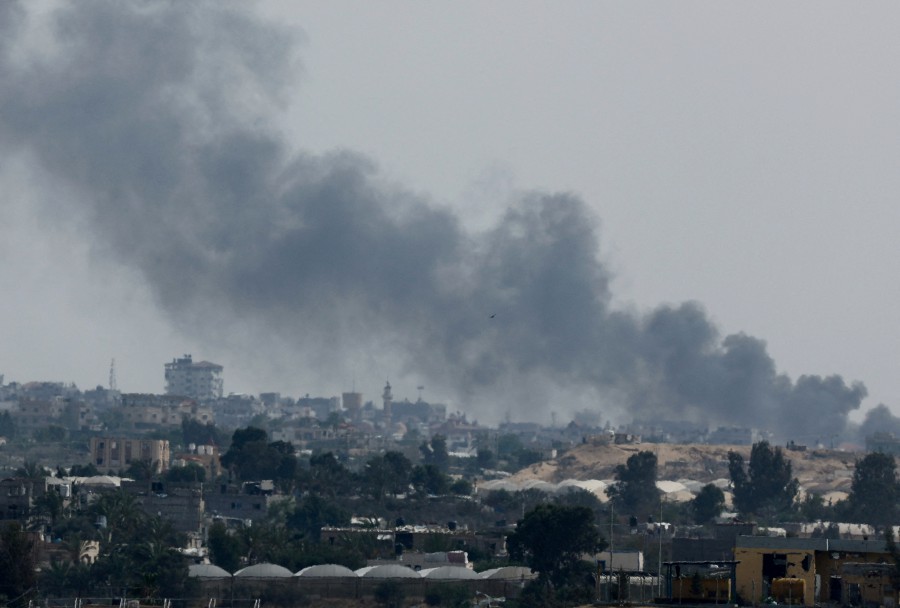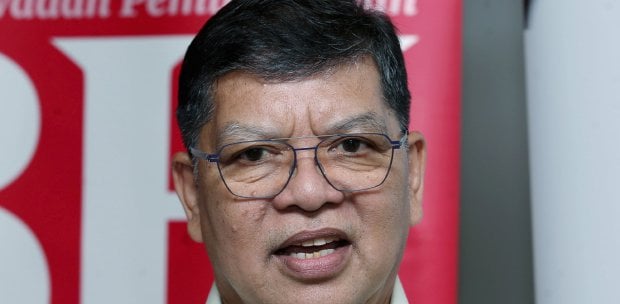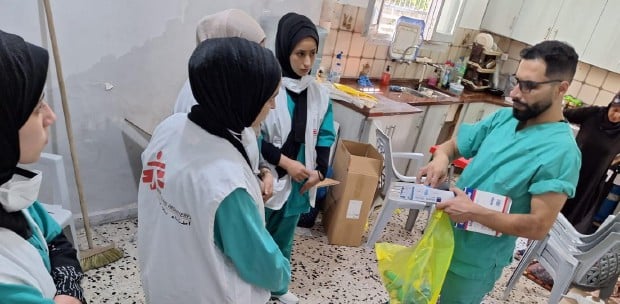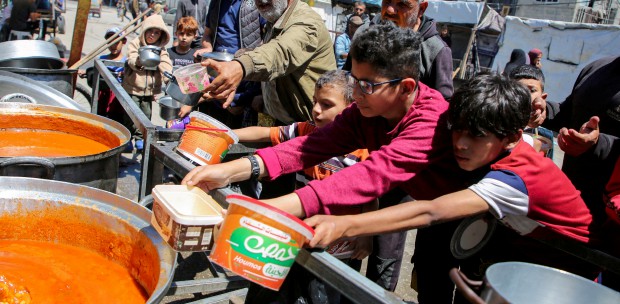Ahmed Abu Athab's Aunt Jamila sobs as she implores the world to get the boy out of Gaza for medical treatment after he was injured by Israeli fire this week and joined the growing list of wounded stuck in the embattled territory without medical aid.
The boy had gone to the beach on Tuesday to wash with a group of children and a munition landed as they came out, hitting him with shrapnel, she said.
He now lies, swathed in bloody bandages, in Nasser Hospital in Khan Younis as Israel's assault on the border city of Rafah continues, part of a military campaign against Hamas sparked by the group's deadly Oct. 7 attack.
The attack on Rafah, the only part of tiny, crowded Gaza that Israeli troops had not entered in force, has cut off the main border crossing into Egypt, constricting aid and stopping what had been a trickle of people leaving for medical help.
"Where should I take him? Tell me. Where should I go?" Jamila Abu Athab said.
"I ask all the leaders of the world, anyone with a conscience, to open the border and allow these children to leave. What have they done to deserve this?" she added.
Like the vast majority of Palestinians in Gaza, Ahmed Abu Athab had already lost his home in Israel's assault on the enclave. He has also lost his mother - not to the war but because she left Gaza for cancer treatment.
When Jamila Abu Athab reached the child, he told her: "Auntie, I was looking for water. I want to bathe. I died, I died," she said.
At al-Aqsa Martyrs Hospital in the central Gaza city of Deir al-Balah, spokesperson Doctor Khalil al-Dakran said Israel's military campaign had unleashed a medical catastrophe.
"All hospitals are struggling due to lack of medicine and medical necessities and fuel," he said in video obtained by Reuters, adding that thousands of patients needed treatment abroad and were unable to travel after the Rafah border closure.
Israel blames Egypt for the closure, saying it wants to reopen Rafah to Gazan civilians who wish to flee.
Egyptian officials and sources say humanitarian operations are at risk from military activity and that Israel needs to hand the crossing back to Palestinians before it starts operating again. Egypt is also worried about the risk of Palestinians being displaced from Gaza.
Palestinian Health Minister Majed Abu Ramadan said on Wednesday there was no indication of when the Rafah crossing would reopen.
Israel's ground and air campaign in Gaza has killed more than 36,000 people and wounded more than 81,000, health authorities in Gaza's Hamas-run administration say.
The figures include both civilians and Hamas fighters. The Hamas attack on Israel on Oct. 7 killed 1,200, according to Israeli tallies.
In Al-Aqsa Hospital, Nashat Abed Bari said he had been trying to leave Gaza for medical help since being injured five months ago.
"There are no capabilities here in Gaza at all. I tried to look for doctors or to go around hospitals but no one was able to help me," he said in video obtained by Reuters.
"The border has been shut for more than 20 days. No one is going in or out. I need an operation urgently because my situation is getting worse every day."
* The writer is from Reuters





